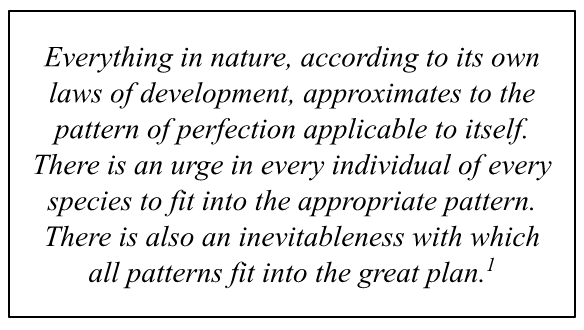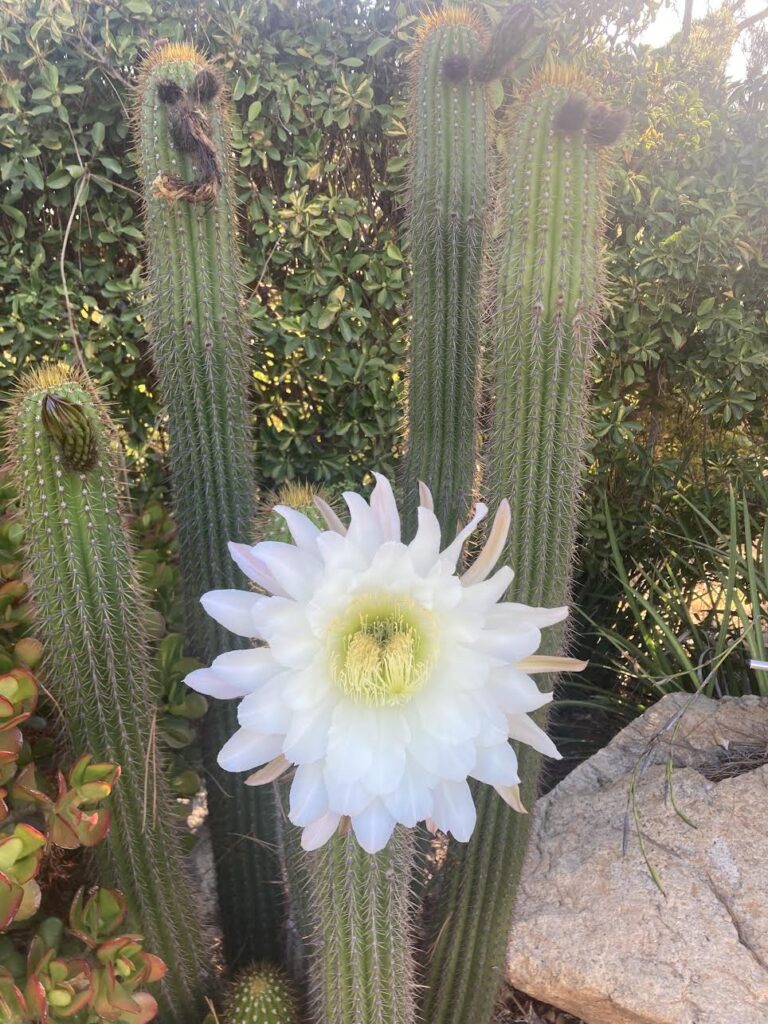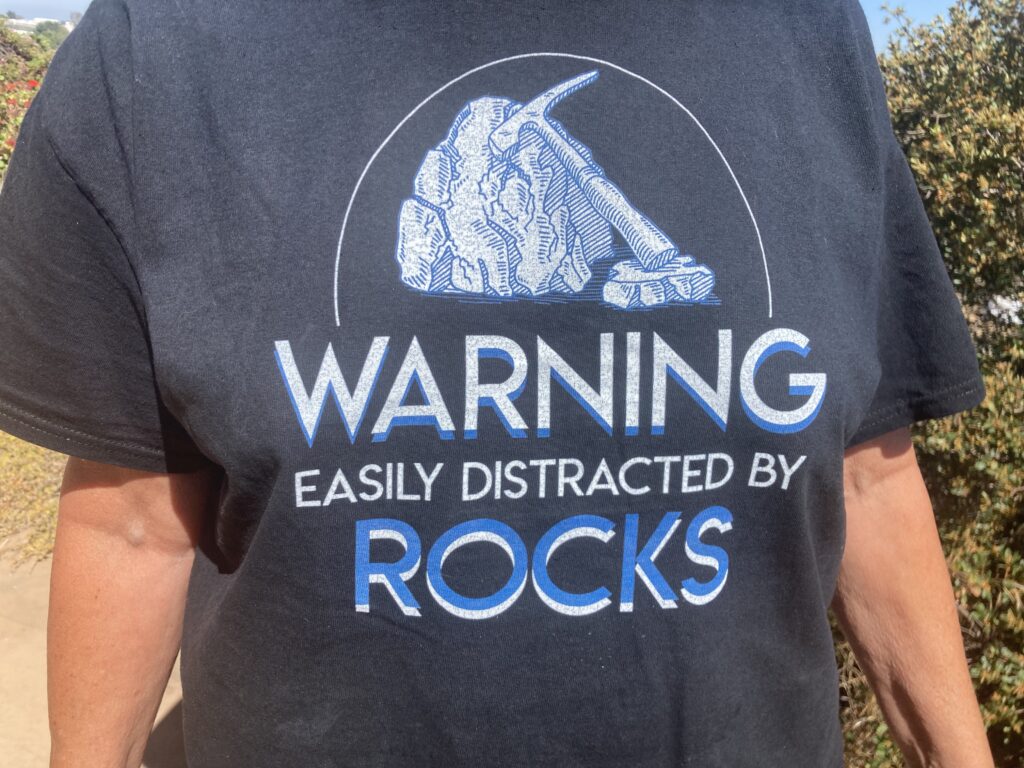I’ve just finished up a short course on Cosmic Education with a group of adults unfamiliar with the Montessori elementary program. Before the course, these adults had little experience with the concept that is so significant in the development of elementary-aged children: Cosmic Education. Their newfound appreciation for the impact Cosmic Education could have on their role as guides was re-inspiring! It’s totally true that I learn so much more from my students, regardless of their age, than I impart to them. For that I’m eternally grateful!
An Herb Garden and Cosmic Task
The “cosmic” inspiration triggered reflection on something I saw happening outside my window: a Swallowtail butterfly had found the herbs I keep between the kitchen and the avocado pool. That garden has grown the last few months as I planted from the mental list I made when discussing herb use with my son, the chef. Being more of a “just get something on the table” sort of cook, I’ve planted herbs more for the experience of them in the garden than the gastronomic opportunities they provide, but I’m learning. The culinary gene skipped a generation, so he is the one carrying on my mother’s talents in the kitchen while doing his best to enlighten me. (SIDEBAR: You can watch his developing work on Instagram.)
What’s Your Motivation for the Tasks You Choose?
Most years I add something new to the herbal space: Marjoram, Yarrow, even odd things like Gotu Kola and Self Heal, which I have no idea how to use. No matter what, though, EVERY year I make sure there is fresh dill, not so much for the herb itself, but for the butterflies.
I learned several years ago that Swallowtails are especially attracted to dill, fennel, and cilantro. Cilantros are planted throughout all our garden beds for the mass amounts of Pico de Gallo and guacamole we love, but dill…that’s mostly for the swallowtails. Rewarded with a caterpillar and chrysalis the first year of my dill planting, I’ve not missed a year since.

https://youtu.be/V51HvbqqHYc
Watching that butterfly flit through the herbs, dipping onto the surface of the pool, then back to the herbs again and again, I thought about motivation and Cosmic Task. How does this herb garden, and my gardening in general, fit into my Cosmic Task? How do we know when we’ve found our Cosmic Task…or are we like the butterfly who performs its Cosmic Task with no awareness other than to do what it does as part of its effort to live? Does it matter?
Montessori Thoughts on the Human side of Cosmic Task

Montessori didn’t leave us without at least some guidance to sort out the human perspective on cosmic task, although our free will, choice and independence impact individual awareness of personal tendencies, desires and an urge toward certain tasks.
Man’s arrival has created a psychosphere on Earth. What is his task in it? For we must understand that mankind, too, has a task with regard to the Earth on which it lives. The coming of mankind meant a new force, whose function it is to further the progress of evolution. We notice that man possesses certain capacities which may stimulate progress on Earth. His scientific work gradually discloses the secrets of Nature and, moreover, makes use of them, thus creating new possibilities. His technical skill has harnessed the forces of nature in order to build the most complicated machinery. Man’s toil has developed agricultural products which were unknown in primitive nature. Obviously, man too has an active task on Earth.2
Can One Settle on Their Personal Cosmic Task?
When it gets right down to it, I believe that flow can help us be in touch with our Cosmic Task. I flow toward appreciation of natural things: rocks, shells, flowers, birds, and butterflies, of course! Seeing any one of those can stop me in my tracks for a moment of pleasure. Encouraging those moments to be close to home, at least some of my time is spent creating beautiful opportunities for daily discoveries: a rock formation, a bird bath, a Rose Garden, flowering cactus. I plant the flowers, herbs, veggies and fruits to draw the birds, bees, and butterflies, creating a harmony among the elements, food for our bodies…and joy for my heart and soul. That’s Cosmic!

1. As quoted in “Maria Montessori’s Cosmic Vision, Cosmic Plan, and Cosmic Education” by Camillo Grazzini. The NAMTA Journal, Vol.38, No. 1, Winter, 2013
2. Montessori quoted in Grazzini, pg 111
